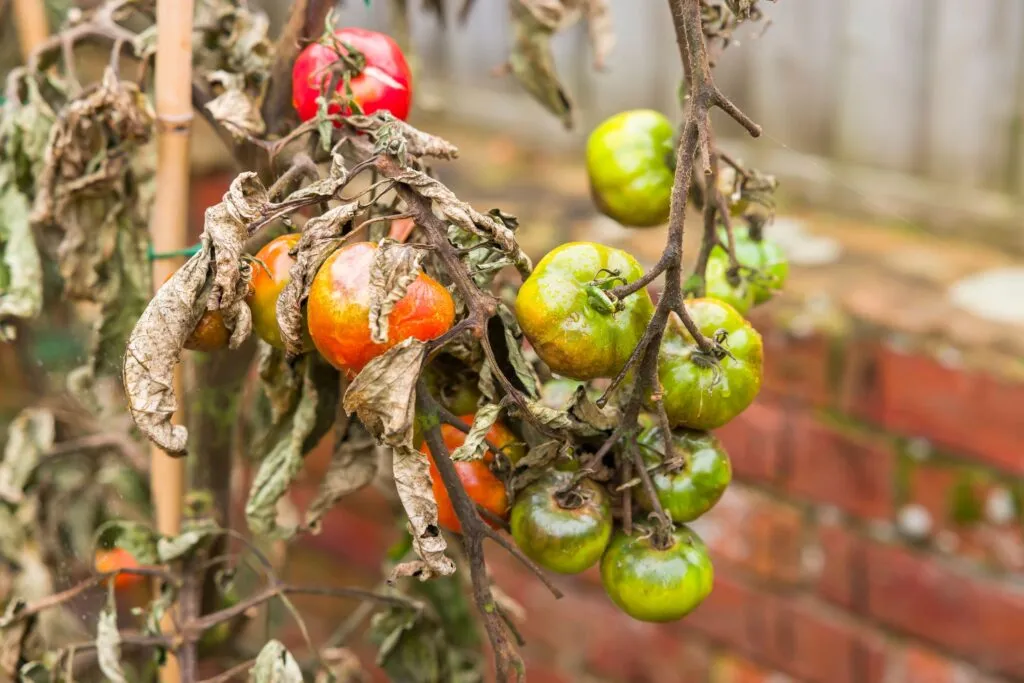TRENTON — New Jersey’s mid-summer weather pattern of sweltering temperatures, soaking rains, and thick humidity is testing the resilience of home gardens across the state. While these conditions can benefit growth in short bursts, sustained exposure can lead to disease, rot, and root stress if not carefully managed.
This week’s forecast includes consecutive days above 90 degrees, with overnight humidity and intermittent downpours. Gardeners are reporting signs of water stress, mold, and pests, particularly in densely planted areas. Experts say consistent care and small adjustments can help stabilize backyard plots through the height of the season.

One of the primary concerns during periods of high heat and humidity is soil moisture. Though frequent rain might suggest otherwise, it often causes uneven saturation. Following storms, the top layer of soil may appear wet, while roots below remain dry. Gardeners are encouraged to check several inches beneath the surface and supplement watering at the base of plants if needed. Overhead watering should be avoided during humid stretches to reduce the risk of fungal infections.
Mulch is playing an essential role for many this summer. A thick layer of organic mulch helps conserve moisture during dry spells and minimizes soil erosion during storms. It also regulates ground temperature and limits weed growth. Gardeners are reminded to keep mulch from directly touching plant stems to prevent rot.
Container plants are facing additional challenges as pots heat quickly and can retain excess water. Proper drainage and elevation off the ground are key to preventing root damage. Some gardeners are moving pots to partial shade during peak heat.
Disease and pest outbreaks are becoming more common this month, with powdery mildew, blight, and leaf spot appearing across a range of vegetables and ornamentals. The state’s humid conditions create ideal environments for these issues to spread. Early identification and removal of affected foliage can help limit the damage. Many gardeners are using natural treatments like neem oil or insecticidal soap where infestations have occurred.
Fertilizing in hot, wet weather can also be risky. Plants under stress are less efficient at absorbing nutrients, and heavy feeding can do more harm than good. Experts suggest using diluted or slow-release fertilizers, and only during cooler parts of the day.
Lawn care is another area where adjustments are necessary. Homeowners are being advised to raise mower heights and limit watering to a few deep sessions per week to prevent shallow root growth and browning.
New Jersey’s weather remains unpredictable through July, but with careful monitoring and timely interventions, gardens can continue to thrive despite the challenging conditions.
